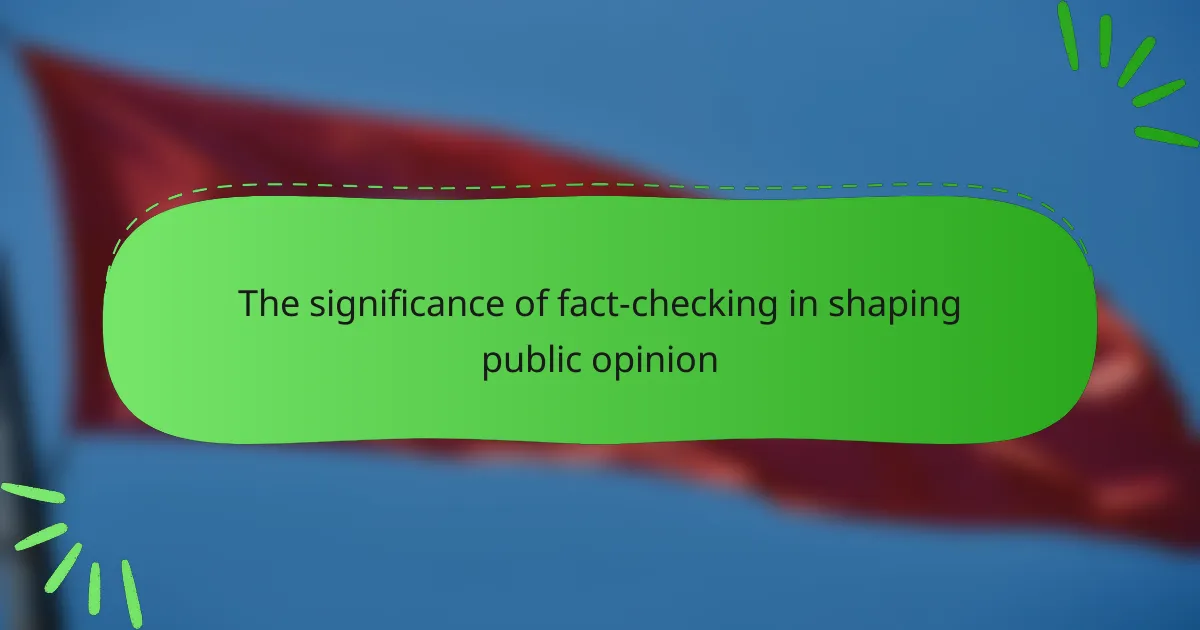Fact-checking is a critical process that enhances the accuracy and accountability of information dissemination, significantly influencing public opinion. It combats misinformation and disinformation, thereby empowering individuals to make informed decisions. Various methods, including source verification, cross-referencing, expert consultation, data analysis, and context assessment, are employed to validate claims and ensure reliability. Research indicates that exposure […]
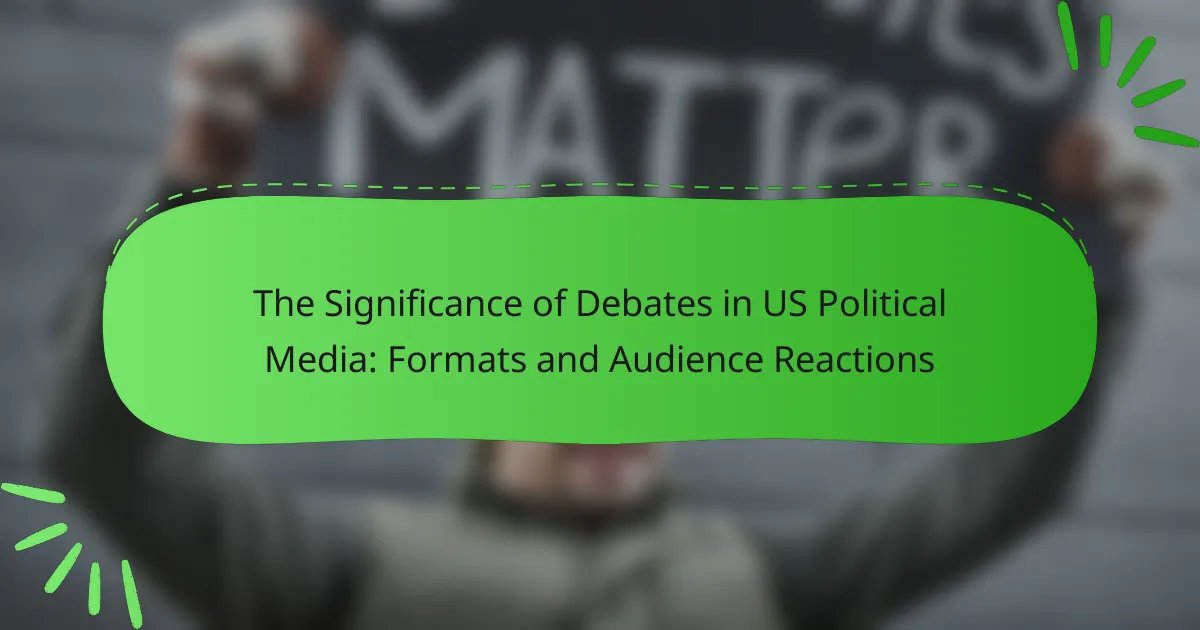
The Significance of Debates in US Political Media: Formats and Audience Reactions
The article examines the significance of debates in US political media, highlighting their role as a platform for candidates to present policies and engage with opponents. It discusses the historical impact of debates on public opinion, notably referencing the 1960 Kennedy-Nixon debate, which underscored the influence of televised appearances on voter perceptions. The article also […]
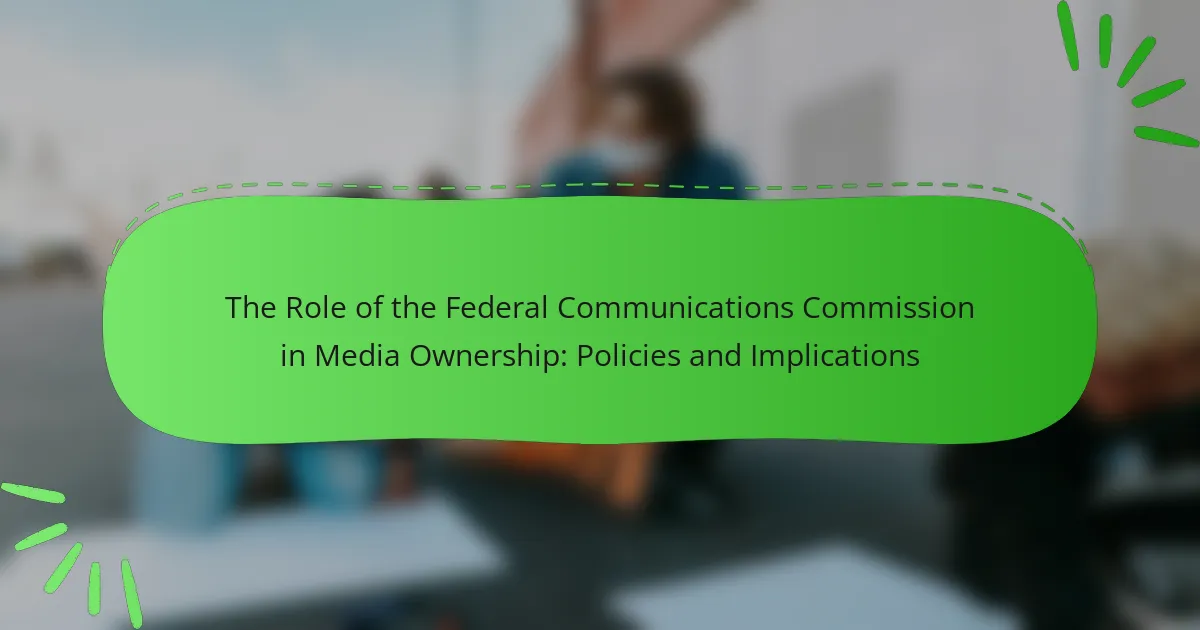
The Role of the Federal Communications Commission in Media Ownership: Policies and Implications
The Federal Communications Commission (FCC) is the regulatory body responsible for overseeing media ownership in the United States, with a focus on promoting competition and diversity within the media landscape. This article examines the evolution of FCC media ownership policies since its inception in 1934, highlighting key developments such as the implementation of the Fairness […]
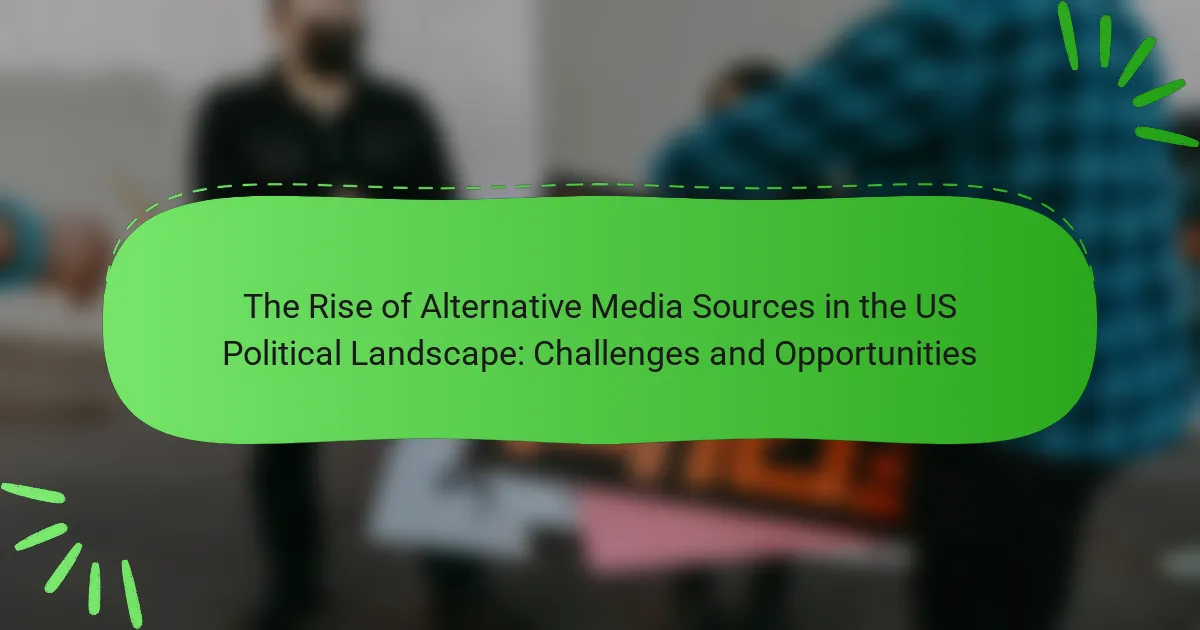
The Rise of Alternative Media Sources in the US Political Landscape: Challenges and Opportunities
Alternative media sources in the US political landscape are non-mainstream outlets that provide diverse perspectives on news and political issues, including independent news websites, podcasts, and social media platforms. These sources challenge traditional media narratives and have gained popularity amid growing public distrust of mainstream media. While alternative media faces challenges such as financial sustainability, […]

The Influence of Celebrity Endorsements on Political Campaigns in the US
Celebrity endorsements play a crucial role in shaping political campaigns in the United States by enhancing candidate visibility and appealing to younger voters. Research indicates that these endorsements can sway public opinion, increase voter turnout, and boost campaign donations. Key attributes of celebrity endorsements include visibility, credibility, and emotional connection, which together help frame a […]
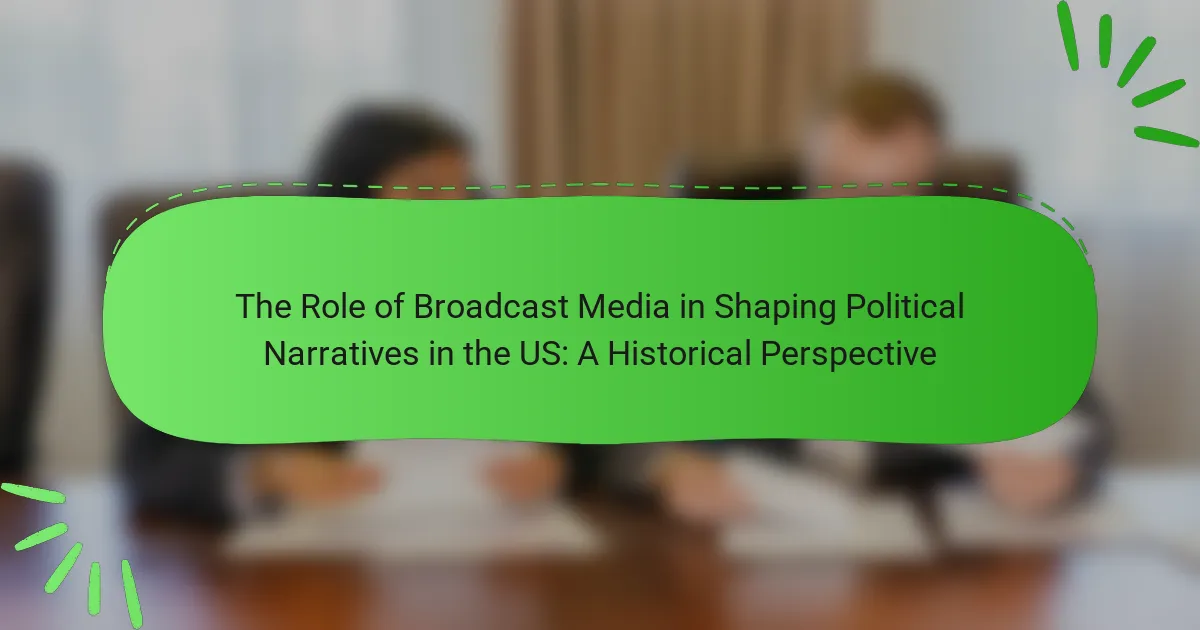
The Role of Broadcast Media in Shaping Political Narratives in the US: A Historical Perspective
Broadcast media is a key entity in shaping political narratives in the United States, significantly influencing public perception and opinion through its news coverage, commentary, and analysis. Major networks such as CNN, Fox News, and MSNBC have the ability to frame political issues by selectively highlighting stories, thus impacting voter behavior and attitudes. This article […]
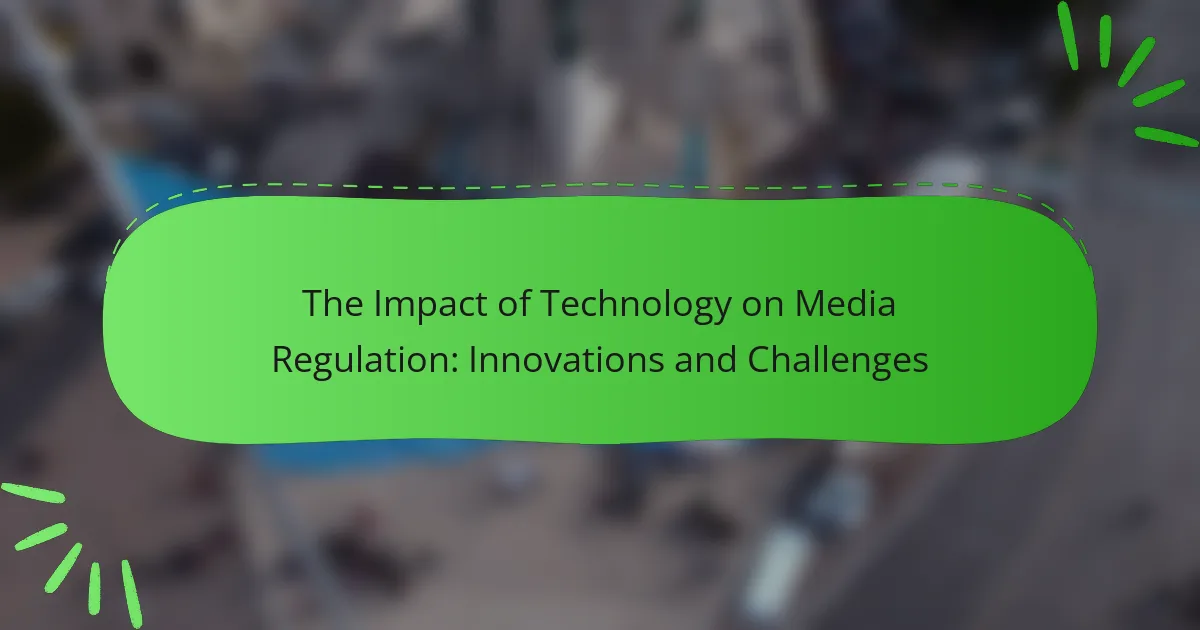
The Impact of Technology on Media Regulation: Innovations and Challenges
The article examines the impact of technology on media regulation, focusing on how advancements in digital platforms affect content production, distribution, and consumption. It highlights the challenges faced by regulatory bodies in enforcing traditional regulations, particularly regarding the rapid dissemination of information on social media and the amplification of misinformation by algorithms. The discussion includes […]
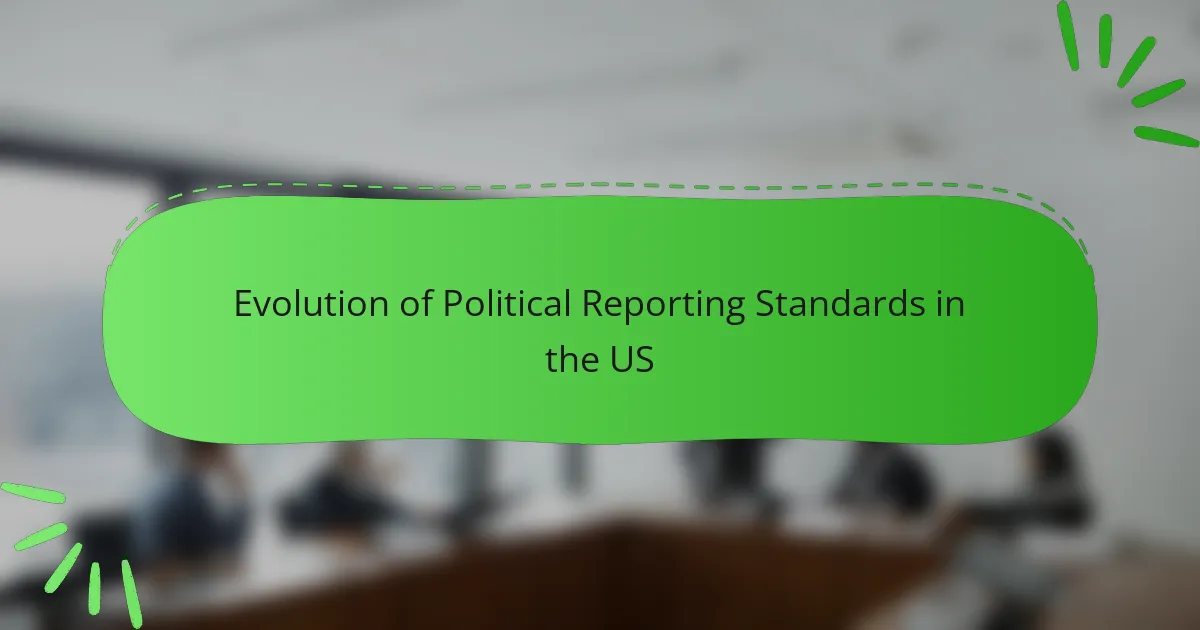
Evolution of Political Reporting Standards in the US
Political reporting standards in the United States have evolved significantly since the First Amendment was ratified in 1791, which guarantees freedom of the press. Early newspapers were instrumental in fostering political discourse, and the emergence of partisan journalism in the 19th century led to the establishment of professional standards for accuracy and fairness. Today, these […]
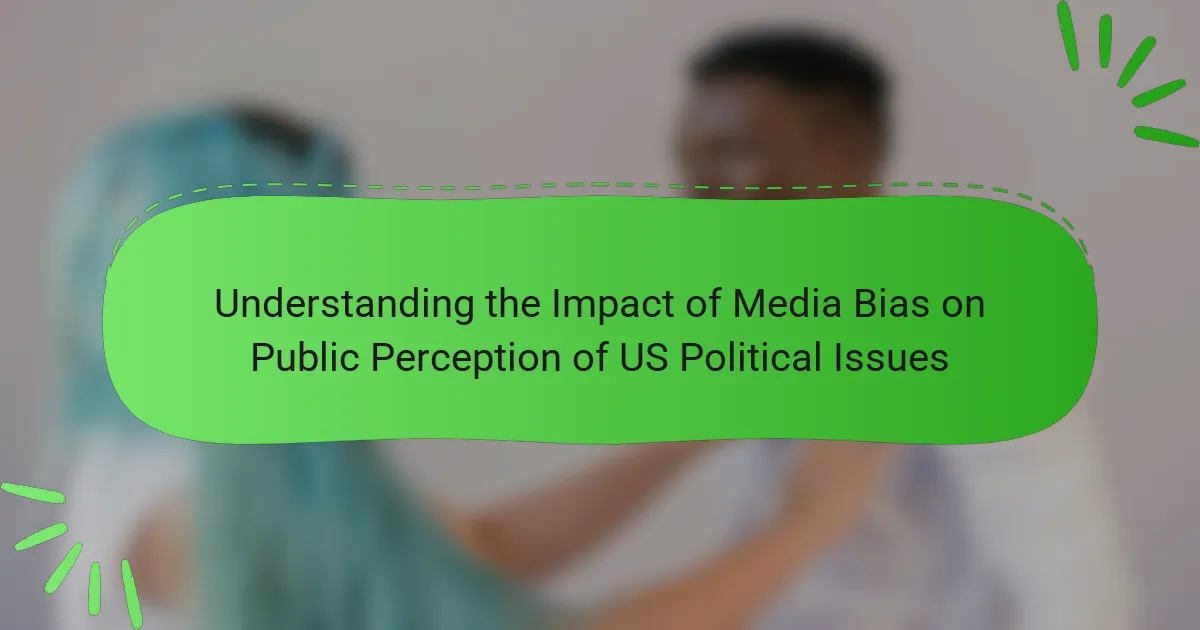
Understanding the Impact of Media Bias on Public Perception of US Political Issues
Media bias refers to the perceived or actual bias of journalists and news producers in the mass media, significantly influencing public perception of political issues in the United States. This article examines various types of media bias, including selection bias, confirmation bias, framing bias, sensationalism, and bias by omission, and their effects on audience beliefs […]
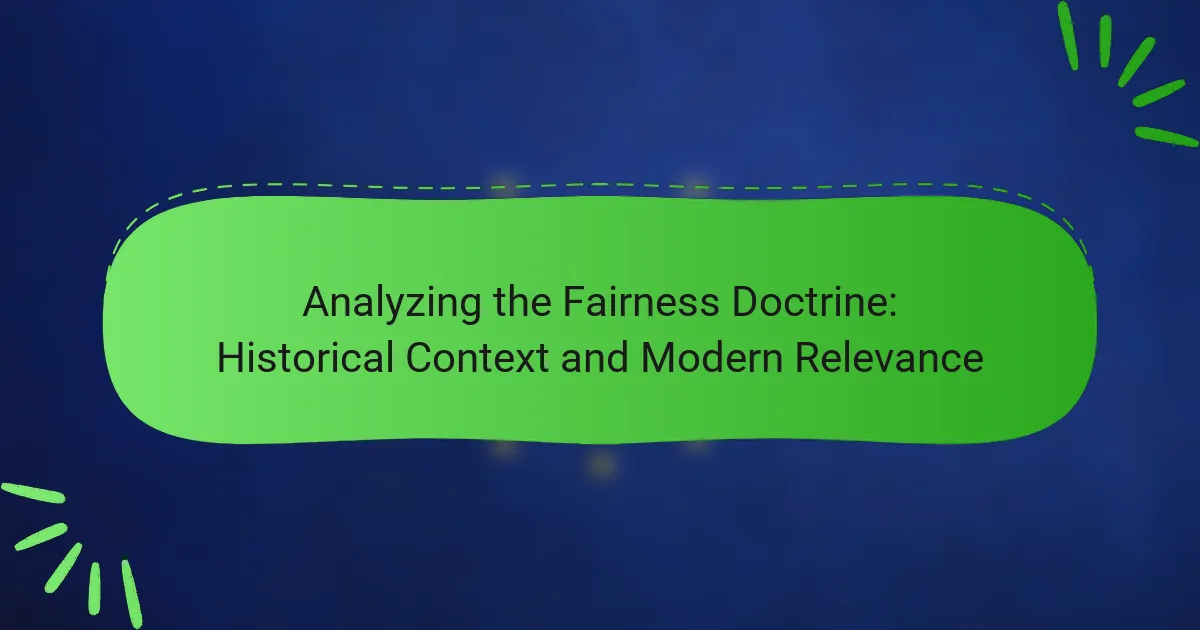
Analyzing the Fairness Doctrine: Historical Context and Modern Relevance
The Fairness Doctrine was a policy implemented by the Federal Communications Commission (FCC) in 1949, mandating that broadcasters present controversial public issues in a balanced manner to ensure diverse viewpoints were represented. This policy aimed to foster equitable discourse in media but was abolished in 1987 due to concerns that it restricted free speech and […]
